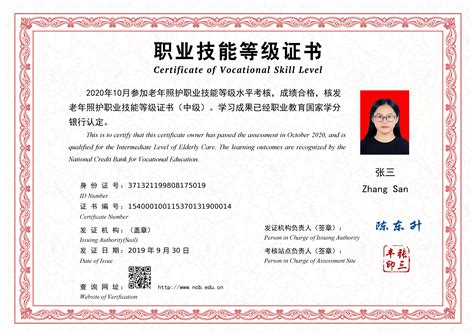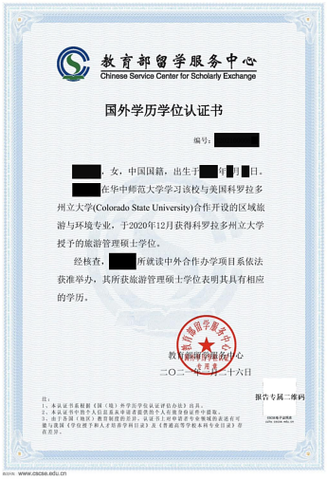移民了国内资产怎么办
Title: Managing Assets When Immigrating
When immigrating to a new country, managing assets can be a complex task. Whether you're relocating for work, education, or personal reasons, it's crucial to plan ahead to ensure a smooth transition and compliance with legal and financial regulations. Here's a comprehensive guide to help you navigate the process of managing your assets when immigrating:
1. Assess Your Assets:
Before making any decisions, take stock of all your assets, including:
Cash
Real estate
Investments (stocks, bonds, mutual funds, etc.)
Retirement accounts
Business interests
Personal belongings
2. Understand Tax Implications:

Different countries have different tax laws regarding assets. Consult with tax professionals both in your home country and the destination country to understand:
Tax liabilities upon liquidating assets
Tax treaties between countries to avoid double taxation
Reporting requirements for foreign assets
3. Currency Exchange:
If you're moving to a country with a different currency, consider the timing and method of currency exchange to minimize exchange rate risks. Research exchange rates and consider using forward contracts or currency options to lock in favorable rates.
4. Legal Considerations:
Familiarize yourself with the legal requirements for transferring assets across borders. This may involve:
Obtaining permits or licenses for certain assets
Compliance with antimoney laundering regulations
Understanding inheritance laws in the destination country
5. Banking and Financial Services:
Open a bank account in your destination country before immigrating, if possible. Research banking options and consider factors such as:
Accessibility of ATMs and branches
Online banking services
Fees and charges associated with accounts and transactions
6. Real Estate:
Decide what to do with any real estate you own in your home country:
Sell the property before immigrating
Rent it out and manage it remotely
Keep it vacant for personal use during visits
7. Investments:
Review your investment portfolio and consider the following:
Liquidating investments that may be difficult to manage from abroad
Diversifying your portfolio to reduce risk
Researching investment opportunities in the destination country
8. Retirement Accounts:
Understand the implications of moving your retirement accounts to the destination country:
Tax consequences of early withdrawal
Options for transferring funds to a foreign retirement account
Consult with financial advisors to make informed decisions
9. Insurance Coverage:
Evaluate your insurance needs and make necessary adjustments:
Health insurance coverage in the destination country
Property insurance for assets left behind in your home country
Life insurance policies that may need to be updated
10. Seek Professional Advice:
Immigration and financial regulations can be complex. Seek guidance from professionals such as:
Immigration lawyers
Tax advisors
Financial planners
Real estate agents
Conclusion:
Managing assets when immigrating requires careful planning and consideration of various factors. By assessing your assets, understanding legal and tax implications, and seeking professional advice, you can ensure a smooth transition to your new life abroad while safeguarding your financial interests.










